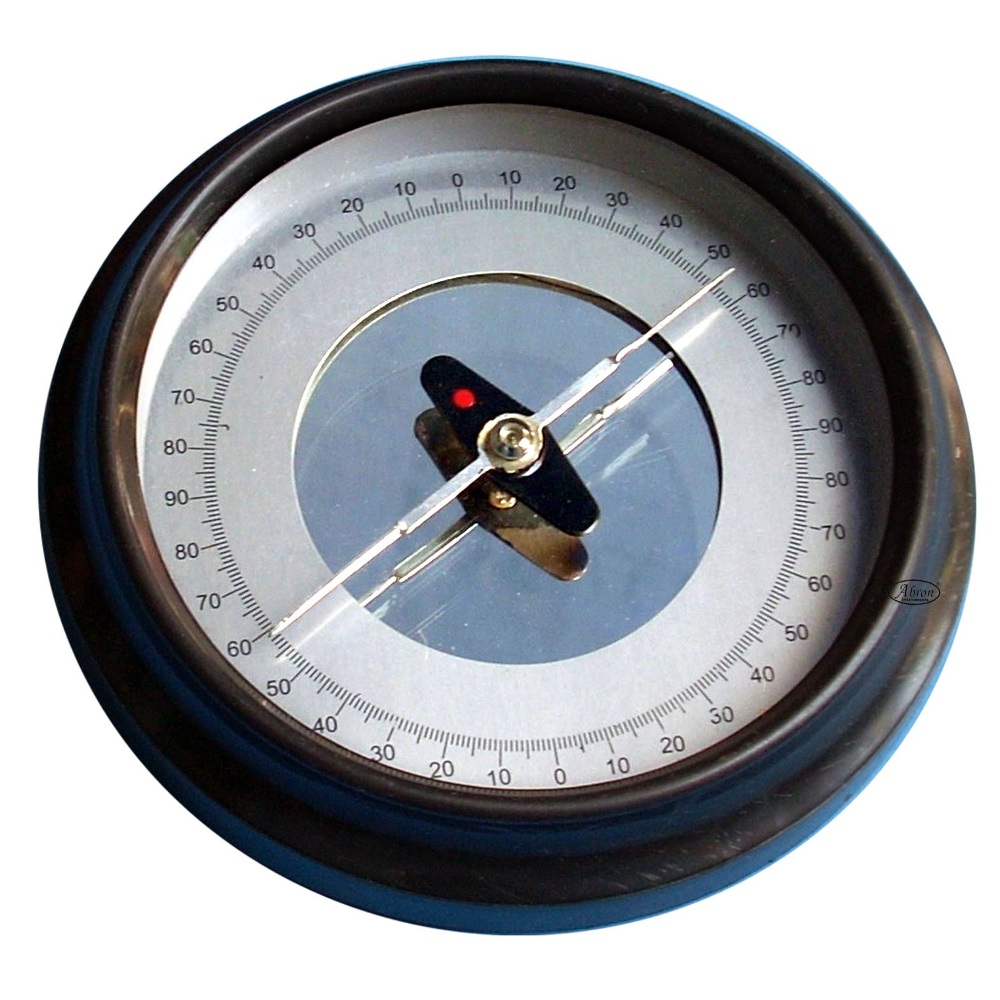
The global market for rheumatoid arthritis treatments is expected to grow at a CAGR of...
Learn More
Our consulting solutions address company specific challenges with respect to micro environment...
Learn More
Organizations frequently need day-today research guidancein order to gain strategic...
Learn More
Exploring different areas of market research and market analysis is a key factor...
Learn MoreAcute Market Reports presents the most extensive global business research services across industries. Our research studies focus on potential outcomes, benefits, and risks associated with each market segment across geographies. Having served our global clients for more than 10 years, our prime priority is to enable our clients in making well-informed business decisions through a data-driven, analytical, and uncomplicated research approach.
We provide access to the world's most comprehensive, analytical, and updated business intelligence services and solutions.




The magnetometer market is expected to grow at a CAGR of 6.8% during the forecast period of 2025 to 2033, driven by a confluence of technological advancements, increasing applications across diverse industries, and a growing need for precise magnetic...
Read More
The automotive oil filter market plays a critical role in maintaining engine health and efficiency. The automotive oil filter market is expected to grow at a CAGR of 4.3% during the forecast period of 2025 to 2033, propelled by a convergence of facto...
Read More
The aerial work platform market is expected to grow at a CAGR of 9% during the forecast period of 2025 to 2033. The market has witnessed steady growth due to its pivotal role in various industries, providing elevated access for tasks such as maintena...
Read More




